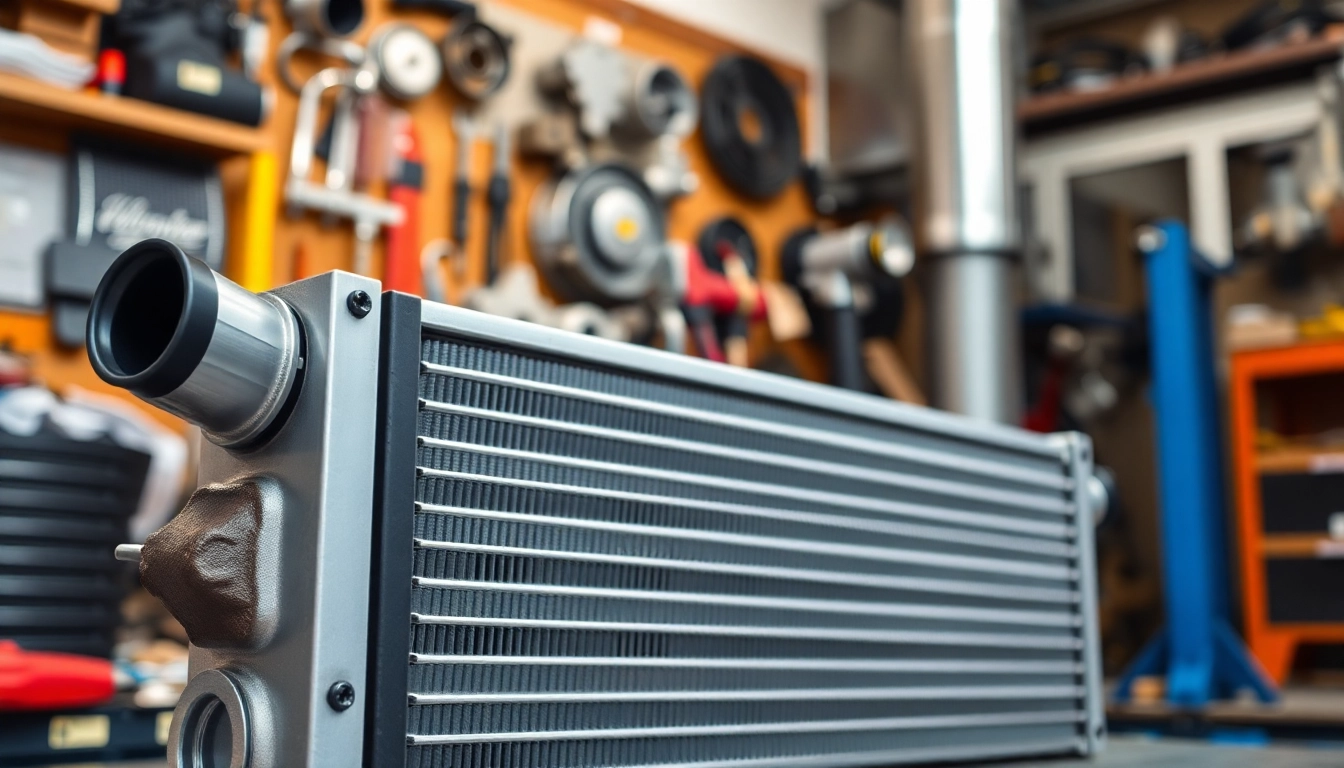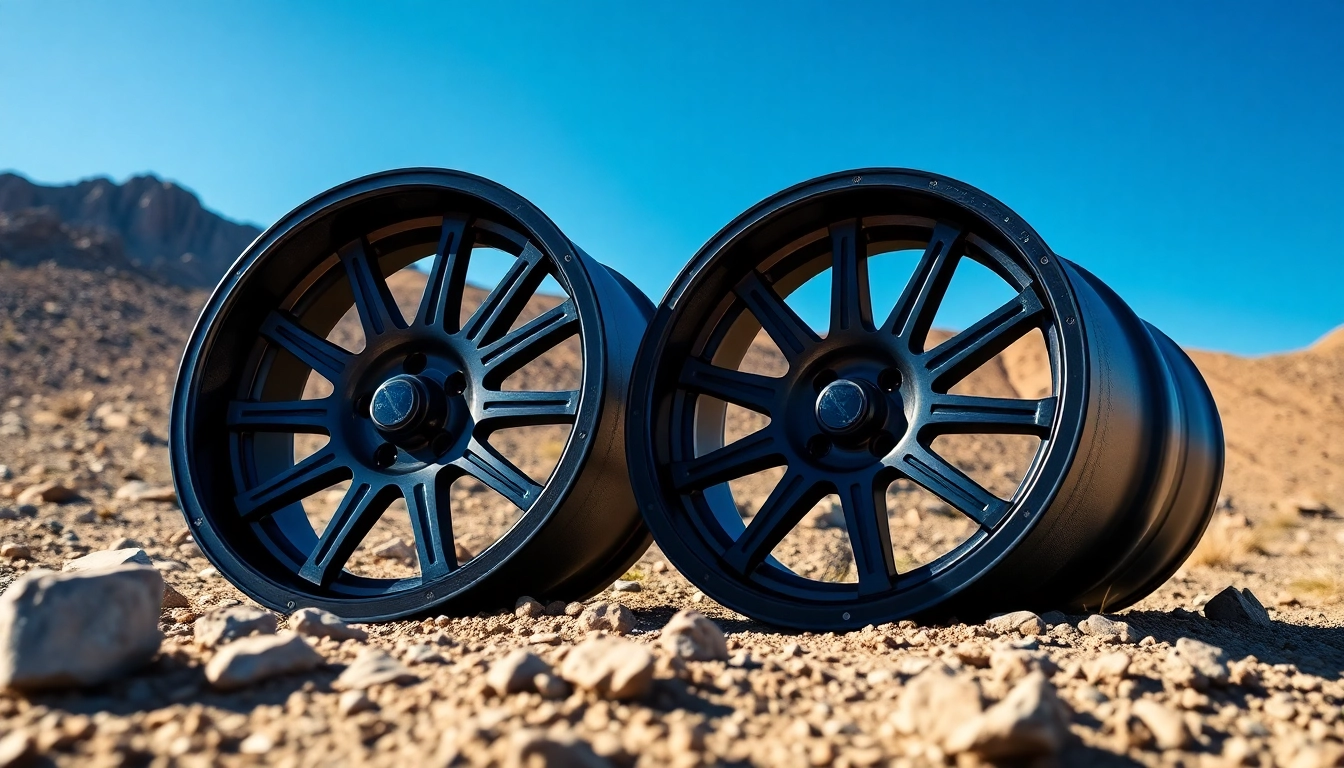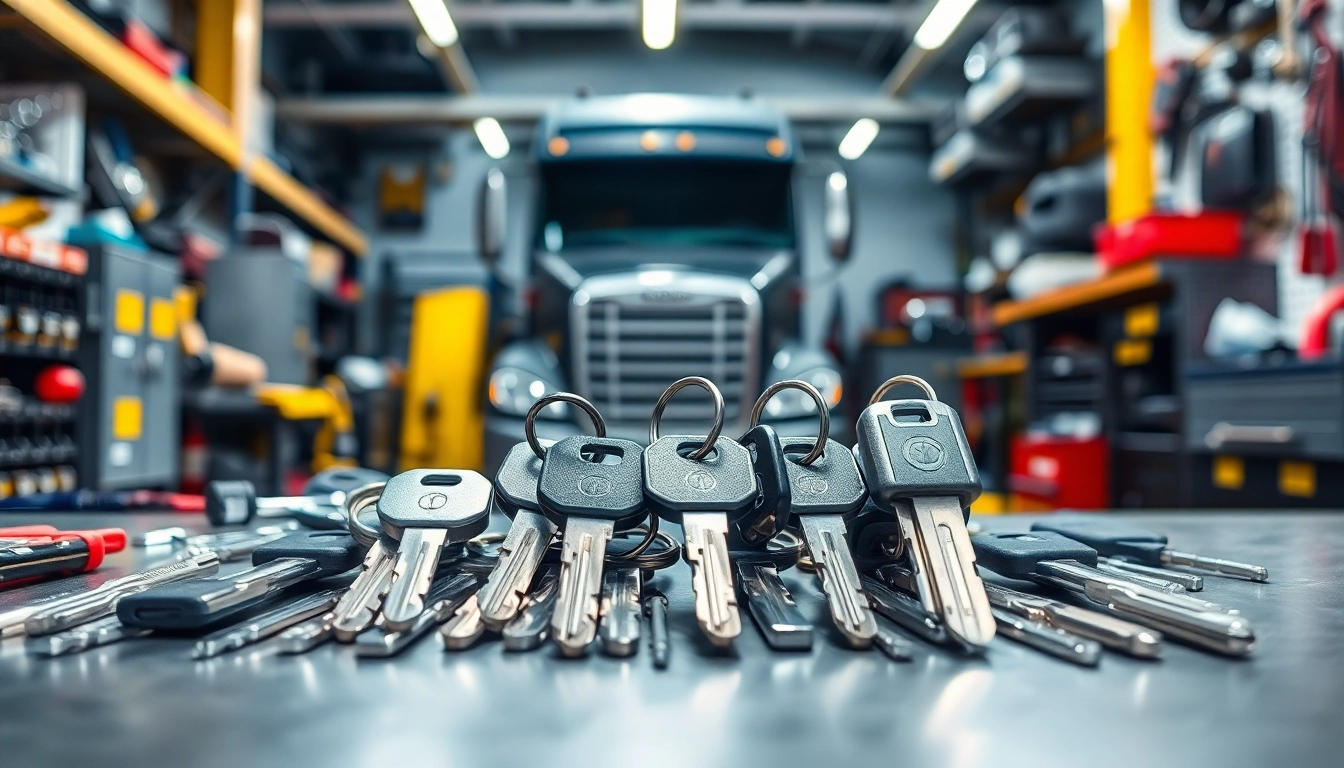Understanding the Functionality of the f82 intercooler
The role of the intercooler within high-performance vehicles, particularly those utilizing forced induction engines, cannot be overstated. One of the standout examples is the f82 intercooler, which is specifically designed for optimizing the performance of BMW’s F-series vehicles. Understanding how intercoolers function is essential for any car enthusiast or owner looking to enhance their engine’s capabilities.
How Intercoolers Improve Engine Performance
An intercooler serves the critical function of reducing the temperature of the air compressed by the turbocharger or supercharger before it enters the engine’s combustion chamber. When air gets compressed, its temperature rises, which can lead to several issues, including decreased engine efficiency and potential knock due to premature combustion. The cooler the air entering the engine, the denser it becomes, allowing for more oxygen to be present and subsequently increasing the amount of fuel that can be combusted. This results in a significant increase in horsepower and efficiency.
The Technology Behind the f82 intercooler
The technological makeup of the f82 intercooler typically includes advanced materials and designs that facilitate efficient airflow and heat exchange. Most modern intercoolers utilize aluminum cores due to their lightweight nature and excellent thermal conductivity. The f82 intercooler often features a bar-and-plate design, which promotes a greater surface area for heat dissipation. Furthermore, the placement of the intercooler plays a crucial role; a direct airflow path can lead to significant performance enhancements by increasing the amount of cold air that passes through the unit.
Common Challenges with OEM Intercoolers
Original Equipment Manufacturer (OEM) intercoolers are often designed to balance cost and performance, which can lead to limitations in their effectiveness. Common issues include inadequate cooling capacity, which can result in “heat soak.” This phenomenon occurs when the intercooler becomes saturated with heat and fails to cool incoming air adequately. It can limit the overall performance of the engine, especially in high-demand situations such as racing or aggressive driving. Upgrading to an f82 intercooler alleviates these problems by providing enhanced cooling capabilities and improved airflow characteristics.
Key Benefits of Upgrading to an f82 intercooler
Every enthusiast knows that upgrading critical engine components can lead to noticeable performance improvements. The f82 intercooler is engineered to provide several distinct benefits over its OEM counterparts.
Improved Heat Dissipation and Power
One of the most significant advantages of the f82 intercooler is its superior heat dissipation capabilities. The enhanced design allows it to manage engine temperatures better than standard models, which directly translates to improved power output. Cooler air entering the combustion chamber means less likelihood of knocking and more efficient fuel combustion, allowing your vehicle to reach its optimal performance zone.
Increased Efficiency: The Engineering Advantages
Increased efficiency is paramount when considering an intercooler upgrade. The f82 intercooler is designed to minimize pressure drop while maximizing airflow. This balance means that the engine doesn’t have to work harder to push air through the intercooler, contributing to overall efficiency. As a result, you can enjoy not just an increase in horsepower but also better fuel economy, allowing for a more sustainable driving experience without compromising on performance.
Long-term Durability and Reliability
An often-overlooked aspect of aftermarket components is durability. The materials and build quality of the f82 intercooler typically exceed those of OEM options, making it better suited to endure extreme conditions. This enhanced durability ensures long-term reliability, reducing the likelihood of breakdowns or the need for replacements. Investing in a robust intercooler contributes positively to the lifespan of your engine as it operates under less thermal stress.
Selecting the Right f82 intercooler for Your Vehicle
Choosing the appropriate intercooler can significantly impact your vehicle’s performance. Understanding the nuances of various options is crucial for making an informed decision.
Factors to Consider When Choosing an Intercooler
Several factors should guide your selection of an f82 intercooler:
- Cooling Capacity: Ensure the intercooler can handle the increased heat generated by your engine, especially if you plan on tuning or upgrading other components.
- Size and Fitment: Make sure the intercooler will fit in your engine bay without requiring significant modifications, as this can introduce complexity into the installation process.
- Material Quality: Look for aluminum constructions that offer excellent heat transfer properties and durability.
Comparison of Different Designs and Types
Not all intercoolers are created equal; they come in various designs such as top-mounted or front-mounted. Each design has its advantages and disadvantages:
- Top-Mounted Intercoolers: These are typically more compact and easier to install but may not provide the same cooling efficiency as front-mounted options.
- Front-Mounted Intercoolers: These larger units can offer greater heat dissipation but may require more extensive modifications to your vehicle, including alterations to the front bumper or piping.
Installation Considerations for the f82 intercooler
Installing the f82 intercooler can be straightforward or challenging, depending on your automotive skills:
- Professional Assistance: If unsure about installation, consider hiring a professional mechanic to ensure proper fitment and functionality.
- DIY Installation: If you’re a DIY enthusiast, consult detailed guides or forums for tips on removing the OEM unit and properly fitting the new intercooler.
Performance Metrics: Evaluating Your f82 intercooler Upgrade
After installing your new intercooler, it’s vital to measure its impact on your vehicle’s performance. Here are key performance metrics to assess:
Measuring Temperature Reductions
One of the foremost indicators of an intercooler’s effectiveness is the temperature of the intake air. You can use an OBD-II scanner or temperature gauge to track temperature changes before and after installation. Lower intake temperatures signify that the intercooler successfully dissipates heat, enhancing performance.
Horsepower Gains After Installation
Quantifying horsepower gains can be accomplished by running your vehicle on a dynamometer (dyno) before and after the intercooler upgrade. This provides concrete data reflecting the power increase attributed to better airflow and reduced temperatures.
Real-World Driving Experience Enhancements
Lastly, assess your driving experience quality. Noticeable differences in throttle response, acceleration, and overall engine smoothness are pivotal indicators that the f82 intercooler upgrade successfully fulfilled its purpose.
Maintaining Your f82 intercooler for Longevity
Installation is just the beginning; maintaining your f82 intercooler is crucial for preserving its performance capabilities.
Regular Maintenance Tips for Optimal Performance
To optimize your intercooler’s performance, conduct regular inspections. Checking for any signs of leaks, corrosion, or damage will ensure that your intercooler continues to function effectively. Cleaning the intercooler’s exterior helps maintain airflow and prevent dirt buildup, which can hinder performance.
Signs Your Intercooler Needs Attention
Be vigilant for indications that your intercooler isn’t performing optimally. Symptoms such as increased intake temperatures, noticeable loss of power, or unusual sounds from the engine could signal that your intercooler requires maintenance or further inspection.
Common Misconceptions About Intercooler Care
A prevalent misconception is that all intercoolers require constant replacement or costly upgrades. In fact, with diligent maintenance and periodic checks, your intercooler can remain effective for many years. Proper care is essential for ensuring your intercooler serves its intended function without premature failure.



